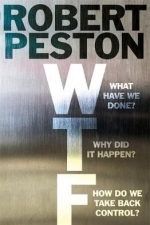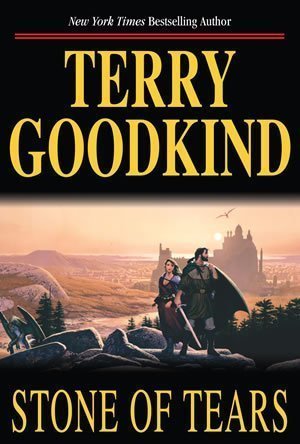
Stone of Tears (Sword of Truth, #2)
Book
In Wizard's First Rule, Richard Cypher's world was turned upside down. Once a simple woods guide,...
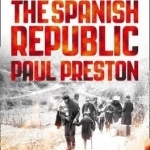
The Last Days of the Spanish Republic
Book
Told for the first time in English, Paul Preston's new book tells the story of a preventable tragedy...
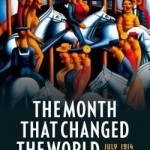
The Month That Changed the World: July 1914 and WWI
Book
On 28 June 1914 the Austrian Archduke Franz Ferdinand was assassinated in the Balkans. Five fateful...
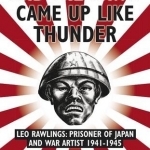
And the Dawn Came Up Like Thunder: Leo Rawlings: Prisoner of Japan and War Artist 1941-1945
Book
And the Dawn Came Up Like Thunder is the experience of an ordinary soldier captured by the Japanese...
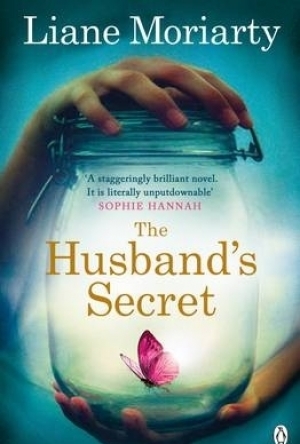
The Husband's Secret
Book
The Husband's Secret is a gripping story about love, deception and how the smallest choice can have...
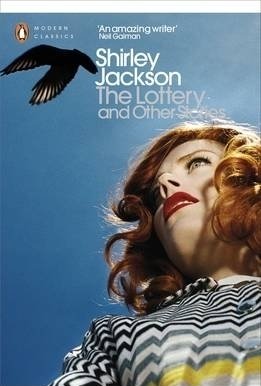
The Lottery and Other Stories
Book
This is the definitive collection of Shirley Jackson's short stories, including 'The Lottery' - one...
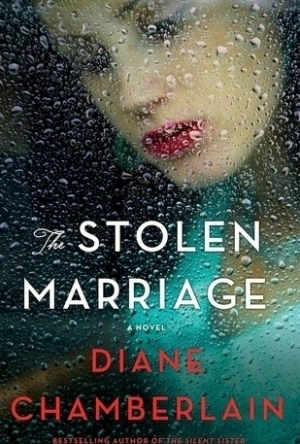
The Stolen Marriage
Book
The Stolen Marriage is a compelling novel from Diane Chamberlain, the bestselling author of The...
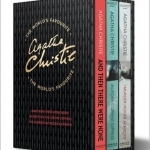
The World's Favourite: And Then There Were None, Murder on the Orient Express, The Murder of Roger Ackroyd
Book
A boxed set of the three books that have been confirmed in a popular vote as the World's Favourite...

Lamentation
Book
Matthew Shardlake is back in Lamentation, from the number one bestselling author C. J. Sansom....
